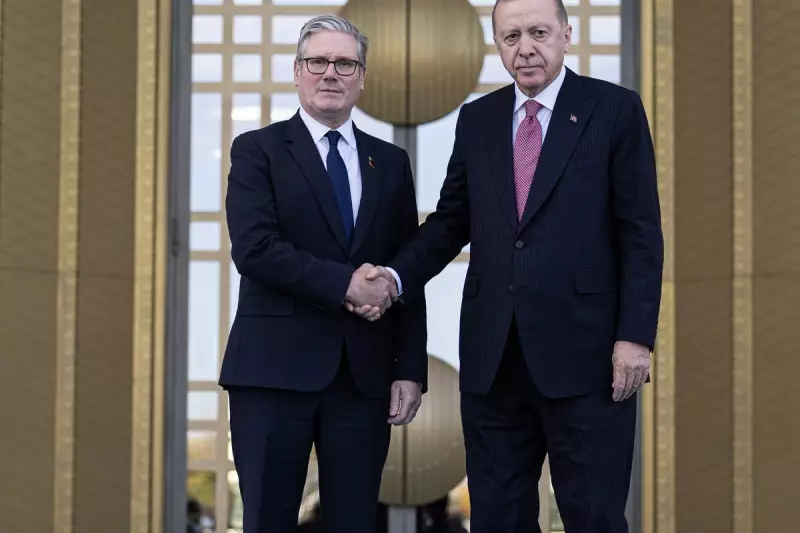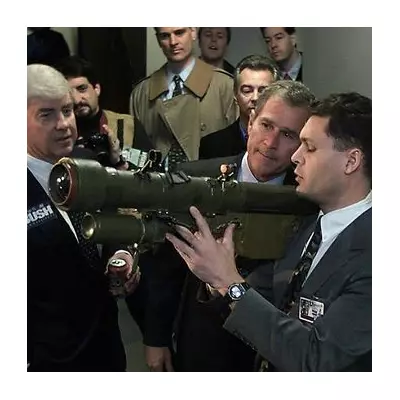
In a significant diplomatic move that could shape Britain's future foreign policy direction, Sir Keir Starmer has held crucial talks with Turkish President Recep Tayyip Erdoğan during the NATO summit in Washington. The Labour leader's intervention comes at a particularly sensitive moment in UK-Turkish relations.
A Meeting of Minds Amidst Rising Tensions
The high-level discussion between the potential future British Prime Minister and the veteran Turkish leader tackled some of the most pressing international issues currently testing Western alliances. Sources close to the talks revealed that Starmer directly addressed concerns about Turkey's increasingly close relationship with Russia, a development that has raised eyebrows across NATO capitals.
Gaza Conflict Takes Centre Stage
Perhaps the most significant exchange centred on the ongoing conflict in Gaza. President Erdoğan, who has positioned himself as one of the Muslim world's most vocal critics of Israel's military operations, found a receptive audience in Starmer. The Labour leader emphasised the urgent need for an immediate ceasefire and stressed that recognition of a Palestinian state should not be indefinitely postponed until final status negotiations.
This position marks a notable shift from the current UK government's approach and signals how a potential Labour administration might recalibrate Britain's Middle East policy.
Sweden's NATO Membership Breakthrough
The Washington summit also provided the backdrop for a major diplomatic achievement that Starmer welcomed. Turkey's parliament finally ratified Sweden's application to join NATO, ending months of uncertainty and strengthening the alliance's northern flank.
This development represents a significant victory for Western diplomacy and comes after intensive negotiations between Turkish officials and their Western counterparts. The Labour leader acknowledged this as a positive step for European security architecture.
Rebuilding International Bridges
Starmer's engagement with Erdoğan forms part of his broader strategy to establish relationships with key international leaders ahead of potential power. With Labour maintaining a substantial lead in opinion polls, foreign capitals are increasingly treating the opposition leader as a government-in-waiting.
The delicate balancing act required in dealing with Turkey highlights the complex diplomatic challenges awaiting any incoming administration. While needing to address concerns about democratic standards and foreign policy alignments, Britain also recognises Turkey's strategic importance as a NATO partner and regional power.
This diplomatic engagement demonstrates Starmer's commitment to rebuilding Britain's international relationships while navigating the complex realities of global power dynamics. The outcome of such early dialogues could well shape the UK's foreign policy direction for years to come.





